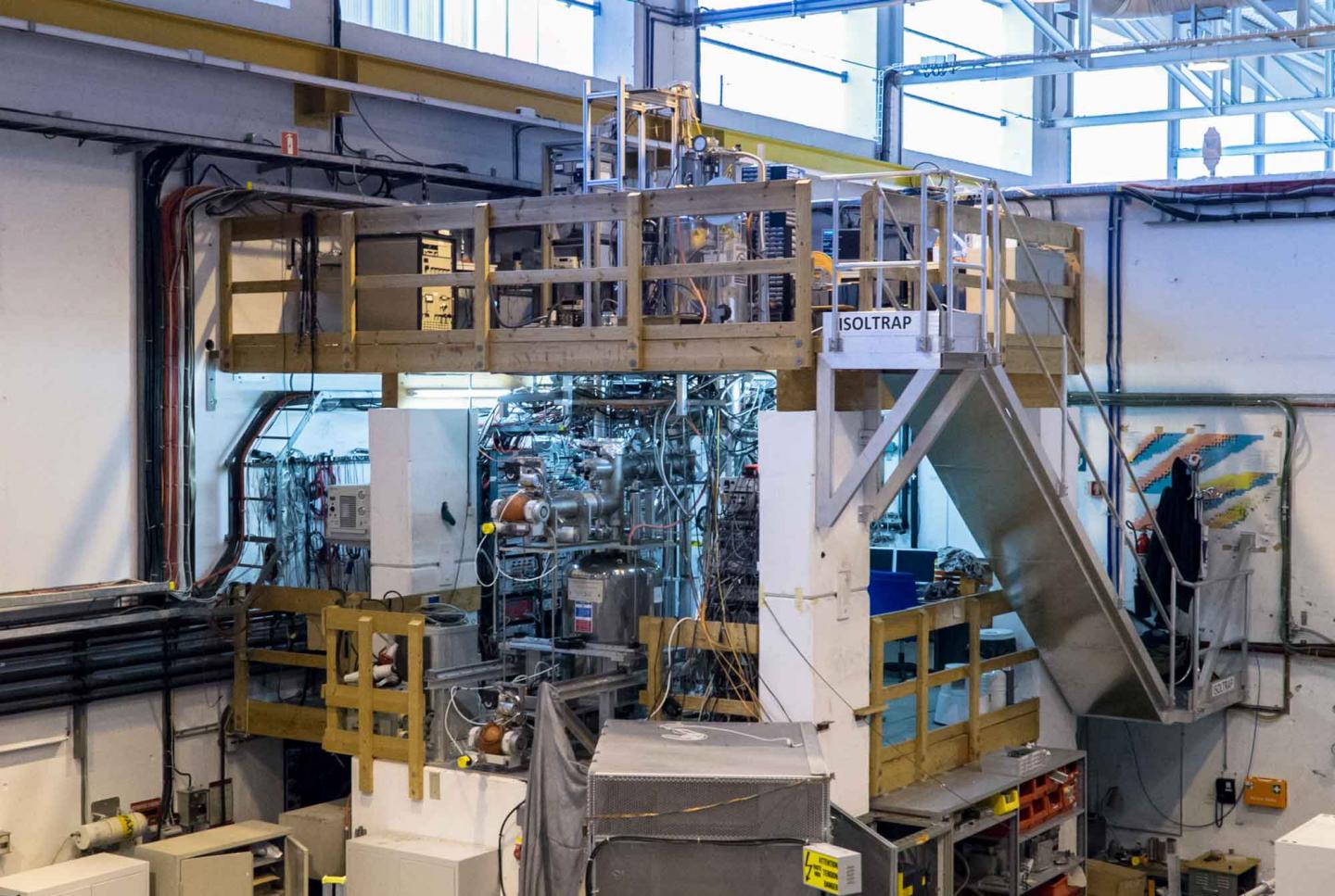
The ISOLTRAP experiment performs precision mass measurements on radioactive nuclei produced at ISOLDE employing different types of mass spectrometers and measurement techniques. Following the capture and cooling of the radioactive nuclei in a helium filled radiofrequency quadrupole trap an ion bunch can be studied in a multi reflection time-of-flight mass spectrometer where mass resolving powers exceeding 300000 are reached. This device is used for mass measurements of short-lived radionuclides but can also be used for the separation of a species of interest from a contaminated ion beam. Subsequently, the purified ion beam can be transferred to the Penning-traps where mass measurements with high precision can be performed by a measurement of the cyclotron frequency in a magnetic field. Here, relative uncertainties of 1E-8 and below are routinely reached.
In addition, ISOLTRAP complements several experiments in studying the composition of the ISOLDE radioactive ion beam using the multi reflection time-of-flight mass spectrometer. With this experimental setup, masses of short-lived radionuclides with several tens of milliseconds half-life can be studied ranging from light 17Ne up to fluorinated (and sometimes exotic) heavy molecules, e.g. 238U19F16O.
Typical applications of these studies are fundamental physics aspects (neutrino physics, unitarity of the CKM matrix), nuclear structure studies or questions related to stellar nucleosynthesis.
